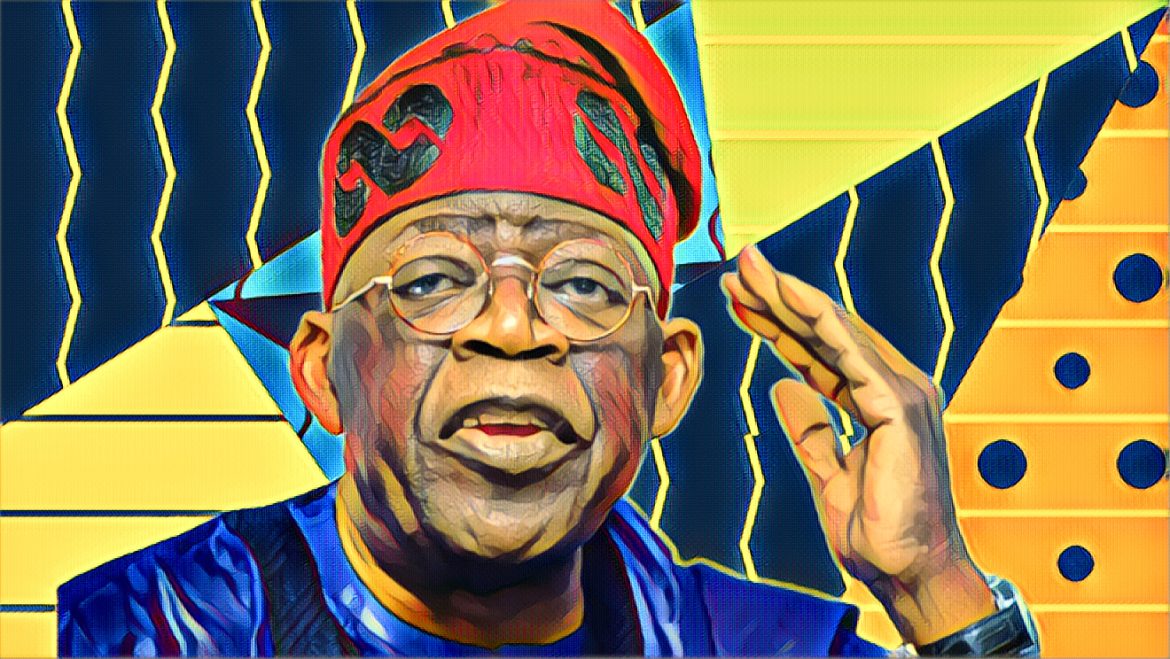Southeastern Nigeria has been plagued by prolonged unrest, resulting in significant loss of life and property. Local stakeholders now urge President Bola Ahmed Tinubu to consider dialogue with the Indigenous People of Biafra (IPOB) as a crucial step towards reconciliation. They argue that a political solution is the only path to resolving the ongoing crisis, with meaningful discussions potentially benefiting both parties.
Last Saturday, IPOB took a bold step towards ending years of agitation by expressing its willingness to engage in talks with the Federal Government to determine a referendum date for Biafra. The group, formed in 2012 to seek the restoration of the defunct Republic of Biafra, previously made similar requests under different administrations but without success.
Emma Powerful, the group’s Media and Publicity Secretary, highlighted IPOB’s commitment to peaceful self-determination. However, this commitment has come at a heavy cost, with over 5,000 lives lost and property worth $1 billion destroyed during security force operations.
An investigation by The Guardian revealed that the Southeast has suffered significant economic losses due to the enforcement of the Monday sit-at-home order initiated by a faction of IPOB. Over a two-year period, the region reportedly lost over N7.6 trillion in investments and productivity, leading to job losses and the migration of businesses to more stable areas of the country.
The sit-at-home order aimed to pressure the Federal Government into releasing Nnamdi Kanu, the IPOB leader held by the Department for State Services (DSS) for over two years. Despite various efforts to secure his release, Kanu remains in custody.
IPOB clarified that its call for dialogue is not contingent on Kanu’s release but rather seeks a peaceful path to achieving Biafra’s self-determination. The group aims to lead the way to a peaceful separation of Biafra from Nigeria, based on United Nations laws.
Comrade Osmond Ugwu, President of the International Solidarity for Peace and Human Rights Initiative (INSPHRI), emphasized the need to first de-proscribe IPOB, labeled a terrorist organization by the Nigerian government, before entering into dialogue. However, he expressed optimism that dialogue could lead to a victory for both parties.
Goddy Uwazuruike, the Emeritus President General of Aka Ikenga, noted that IPOB’s offer for dialogue was a sincere attempt to address political problems in the region. He highlighted the importance of Nnamdi Kanu’s release as a key part of the negotiations. Uwazuruike also cautioned against fake “Biafran” groups attempting to exploit the situation for personal gain.
Comrade Ibuchukwu Ezike, Executive Director of the Civil Liberties Organisation (CLO), called for a clear understanding of the details of IPOB’s proposed dialogue before making a judgment. He urged the Federal Government to accept the offer and initiate discussions.
Dr. Onyeukwu Nworie, a public affairs analyst, emphasized the importance of dialogue in democracy and encouraged the Federal Government to engage with IPOB. He stressed that IPOB’s call for talks should not be interpreted as a sign of violence but rather as a genuine effort to achieve peace.
As Southeast stakeholders make this plea, the decision to accept IPOB’s offer for dialogue now rests with President Tinubu’s administration. The outcome of this potential dialogue could significantly impact the Southeastern region’s quest for reconciliation and self-determination.


